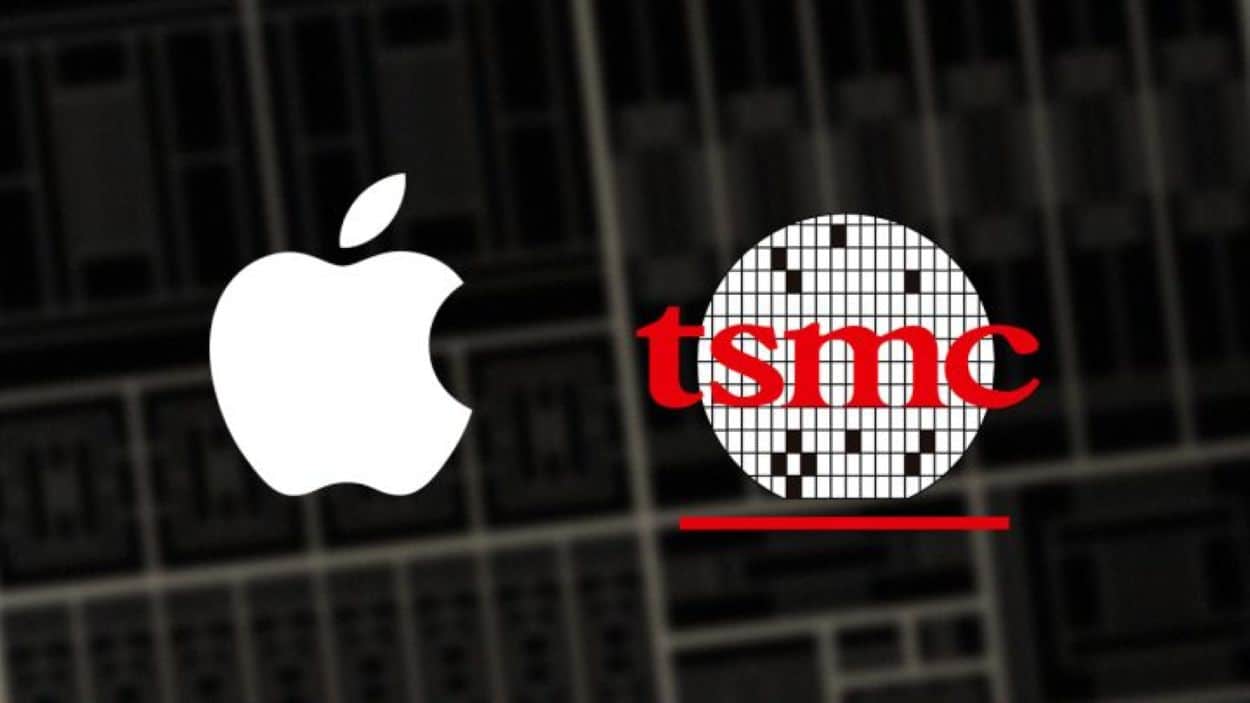Apple might delay the introduction of 2nm chipsets for its iPhone 17 Pro models due to wafer yield challenges at TSMC.
According to a report, Apple originally planned to use these advanced chipsets to power the upcoming models. Still, issues with mass production certification may push this timeline back by up to a year, potentially delaying the application process for the 2nm chips until 2026.
Despite TSMC’s lead over competitors like Samsung Electronics in customer acquisition and yield rates, the company faces difficulties achieving adequate wafer yields. This has prevented the chips from entering mass production as initially planned for the iPhone 17 or iPhone 18 series.
Read: TSMC Trillion-Dollar Valuation Amid Global Expansion
The report from South Korea indicates that the cost to consumers could increase as the 2nm process has not yet been fully proven, and demand for testing is rising. TSMC plans to expand its facilities to produce around 130,000 units by 2026 and aims to boost global productivity by adding 20,000 units through its Arizona investment, bringing the total to 140,000 units.
TSMC currently achieves a stable yield of 60 per cent for its 2nm chips, with the cost per wafer reaching approximately $30,000. To mitigate the delay, Apple is considering continuing with the 3nm chipset for its iPhone 17 series, slated for release in 2025. This strategy would provide TSMC with additional time to enhance its wafer yields.
Read: iPhone 17 to Feature High Refresh Rate Displays Across All Models
Although TSMC is the exclusive chip supplier for Apple’s iPhone and Mac devices, it also supplies other major clients like Nvidia and Qualcomm. If TSMC’s yield issues are not resolved promptly, these companies are reportedly considering alternatives, such as partnering with Samsung Electronics.






